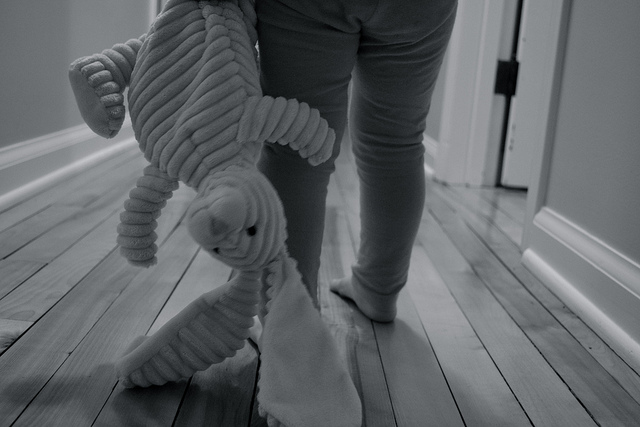As I sat in the hospital room, waiting for the nurse to collect me, I imagined my Mum sitting in the bed before me, smiling softly. I desperately wanted to clamber up beside her, as I had done many times before. I began to replay through the different memories of my Mum in hospital, the many days and nights through the different seasons of cancer.
I cried as I remembered her seizures, how utterly helpless I felt, how I had yelled at my sister and then stood at the bottom of my mum’s bed wondering if this would be how she would go: Would her life end with us shouting around her? I recalled the many times I had lost my temper, screaming at my sister, my Dad and even nurses, whilst my Mum lay in her hospital bed. Anger and sadness had consumed me, and I had become someone I didn’t know or like. I remembered sitting by the train track, feeling hopeless and out of control, desperate and angry.
I remembered the first weekend stay, when she had reacted badly to the Steroids. I had rushed back from city in a panic to spend several days bored and hungry in my mum’s hospital room. Hospital’s had been so unfamiliar and strange then; I later learnt the art of packing a bag full of books, chocolate, water bottles, notepads, pens, change for hot chocolate machines and parking meters, in less than 30 seconds. I learnt at what time in the day the hospital cafe restocked their fridges, and that the gift shops sold ice lollies (a blessing on hot summer days, there is nothing better than sitting barefoot on the grass with an ice lolly whilst extended family fill up the “3 to a bed” rule). I chatted with patients and their family members, made faces at small children, and became part of the ever-changing hospital community.
Hospital life had become so familiar, so ordinary. It was full of terrible experiences, but it had become a world that I knew and understood.
When my Mum died, I lost that. Staring at the empty hospital bed before me, I longed for those few months before my Mum’s death. In all the chaos and uncertainty, hospital life made sense. Everyone had the same vision and desires: we were a community of strangers all trying to prolong life, to heal or be healed. You made instant friends in the corridors as you sympathised with each other, and the world outside world was irrelevant, unimportant. My Mum’s death now demanded that I re-engage with the world I had ignored, but it no longer made sense.
I had grown up with the illusion that if I studied and worked hard, I would one day be master of my own world, independent and self-sufficient. But my Mum’s illness was evidence that control was only an illusion, no-one could have complete control over their life, illness and tragedy attacks rich and poor alike. I began to see women who professed success and self-sufficiency, torn and trampled by tragedy.
What I had counted as important before, no longer mattered. If I died tomorrow, would it matter what clothes I wore, or how much money I had earned? I find myself in a culture that values human life below so many other things. Everyday we make the choice between serving ourselves or saving others. The cost of a coffee at Costa could pay for a child to eat for several days. Everyday we make small decisions that devalues human life, that puts our wants above the needs of others.
But how do you value human life in a culture that seemingly does not?









